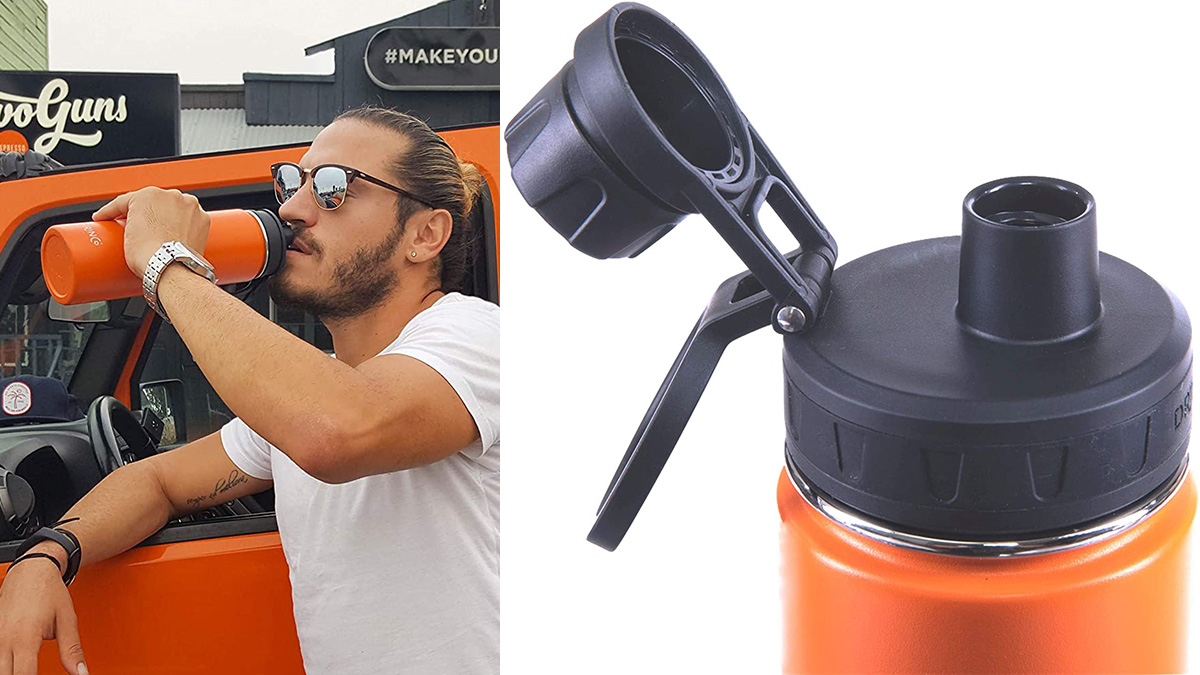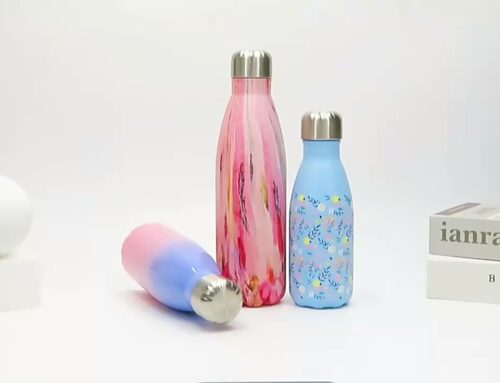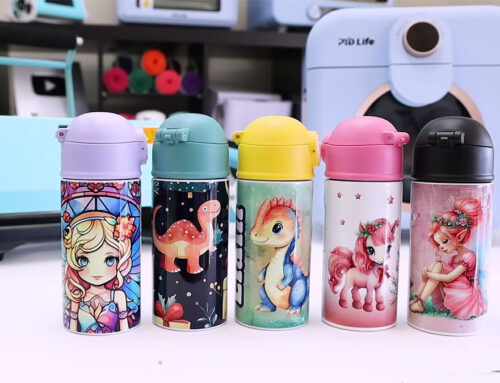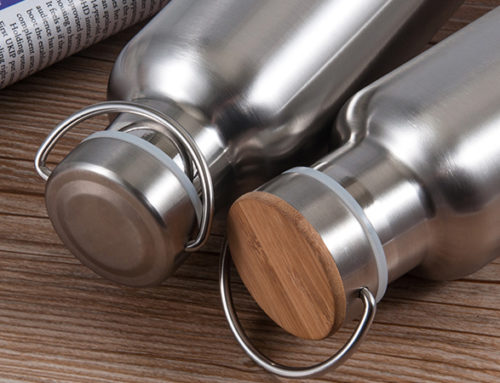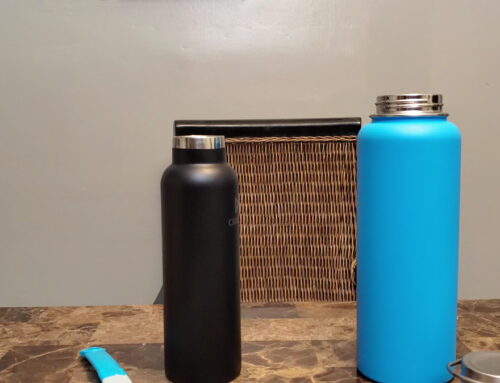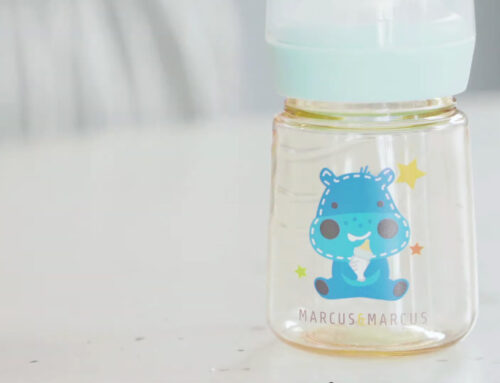As the knowledge of science is increasingly deepened by humans, the harm of BPA is thus unveiled and understood. KingStar has stricter control on the materials used to make stainless water bottles, especially for those materials that may be harmful to human health. For example, KingStar has specifically required that no BPA is allowed to be added in all water bottles, tumblers and other containers.
Due to the further researches and discovery of BPA’s hazard characteristics, action mechanism and exposure method, countries all over the world have strict requirements for the adoption of BPA. KingStar is paying close heed to the requirements of BPA in common exporting countries like the EU, the United States, Japan and South Korea.
First, Chinese Food Contact Materials Testing Standards GB 4806-2016 requires that
- Paint and coating standard follows GB 4806.10-2016, and the specific migration requirement for Bisphenol A (BPA) is 0.6mg/kg (when applicable).
- Plastic resin standard folows GB 4806.6-2016, and the specific migration requirement for Bisphenol A (BPA) is 0.6mg/kg (when applicable).
- Standard for additives follows GB 9685-2016, and the specific migration requirement for Bisphenol A (BPA) is 0.6mg/kg (for paints and coatings, when applicable).
EU Food Contact Materials Testing Standard 1935/2004/EC. The standards on varnishes and coatings for food contact has been updated recently. (EU) 2018/213 requires that
- the specific migration of Bisphenol A (BPA) in varnish or paint shall not exceed 0.05mg/kg.
- no specific migration of Bisphenol A (BPA) shall be detected in materials and articles in contact with infant food or similar food.
- related sections on detection limits, detection methods and simulants, test temperature, test time, results presentation, etc. in (EU) No. 10/2011 are also applicable to the Bisphenol A (BPA) amount standard for varnishes and coatings.
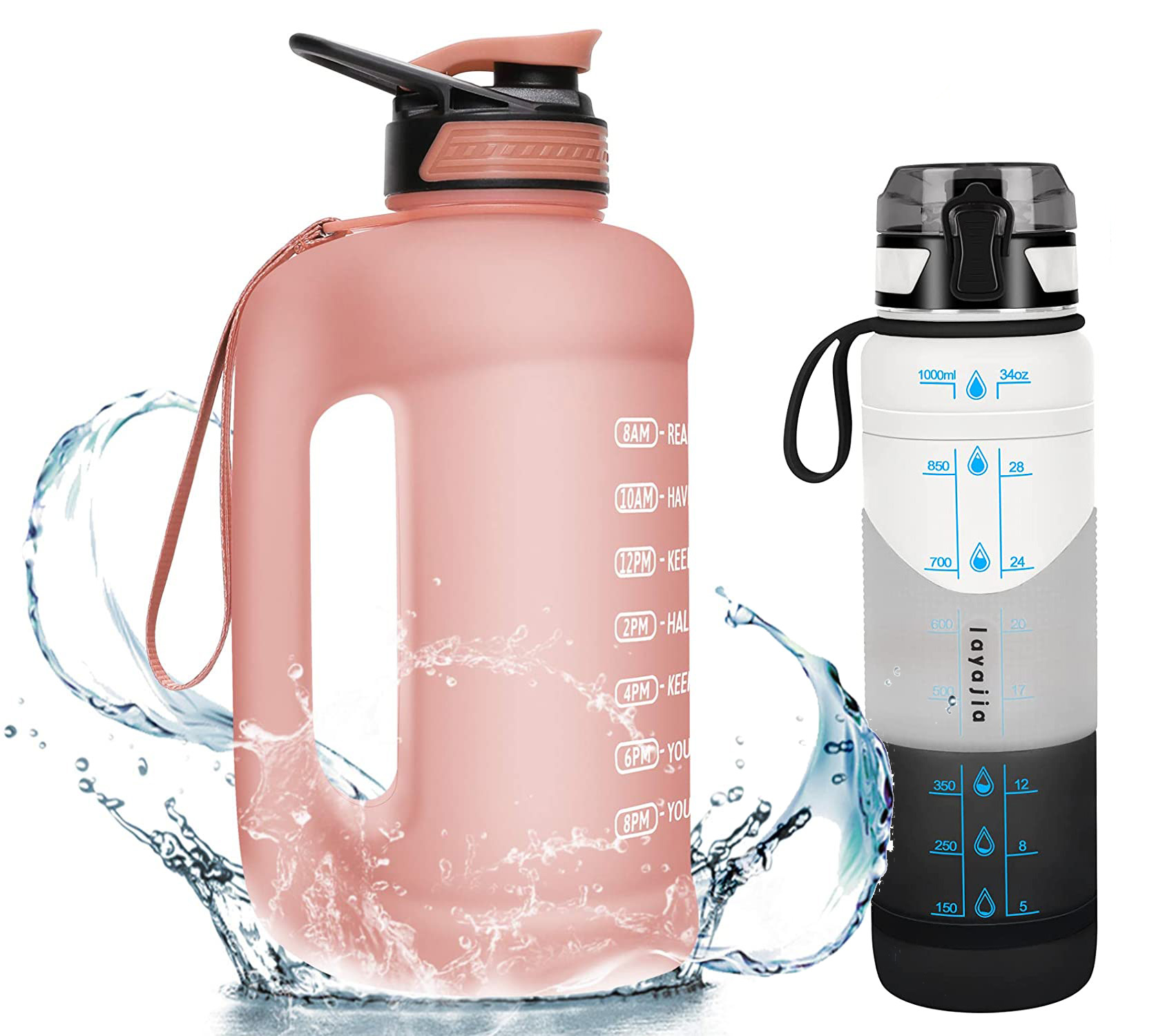
Among the U.S. Food Contact Material Testing Standards, there is a requirement in the CA 65 Settlement Agreement that Bisphenol A (BPA) in polycarbonate drinking utensils must not exceed 1000mg/kg (content requirement).
Japanese Food Contact Materials Testing Standards: Japan Food Sanitation Law 370 requires that in polycarbonate plastic products, the Bisphenol A (BPA) specific migration requirement is 2.5μg/mL, BPA (BPA) content requirement is 500μg/g.
Korean Food Contact Materials Testing Standards: Korea Standards and Specifications for Utensils, Containers and Packaging for Food Products (2011) require that Bisphenol A (BPA) requirement in polycarbonate, epoxy resin, polyaryl sulfone, polyarylate and organic coated metal products is 0.6mg/kg.
We can draw a conclusion from the above Chinese GB 4806-2016, EU 1935/2004/EC, the U.S. CA 65 Agreement, Japan Food Sanitation Law 370 and Korea Standards and Specifications for Utensils, Containers and Packaging for Food Products (2011) that the control of Bisphenol A (BPA) in these countries is very strict.
As a leading water bottle manufacturer, KingStar’s research and development department continues to learn about BPA, has fully understood the downsides of BPA, and is committed to making BPA free water bottles that pass FDA and other relevant tests and are completely harmless to humans.
KingStar ensures that the water bottle does not contain BPA from the following aspects:
- Choose BPA free materials, such as 18/8 stainless steel, PP, Tritan for the lid, and silicon for the sealing gasket.
- No BPA-containing agents are used in the production and manufacturing process.
- Make sure that all materials in contact with the water bottles during transportation are BPA free.

